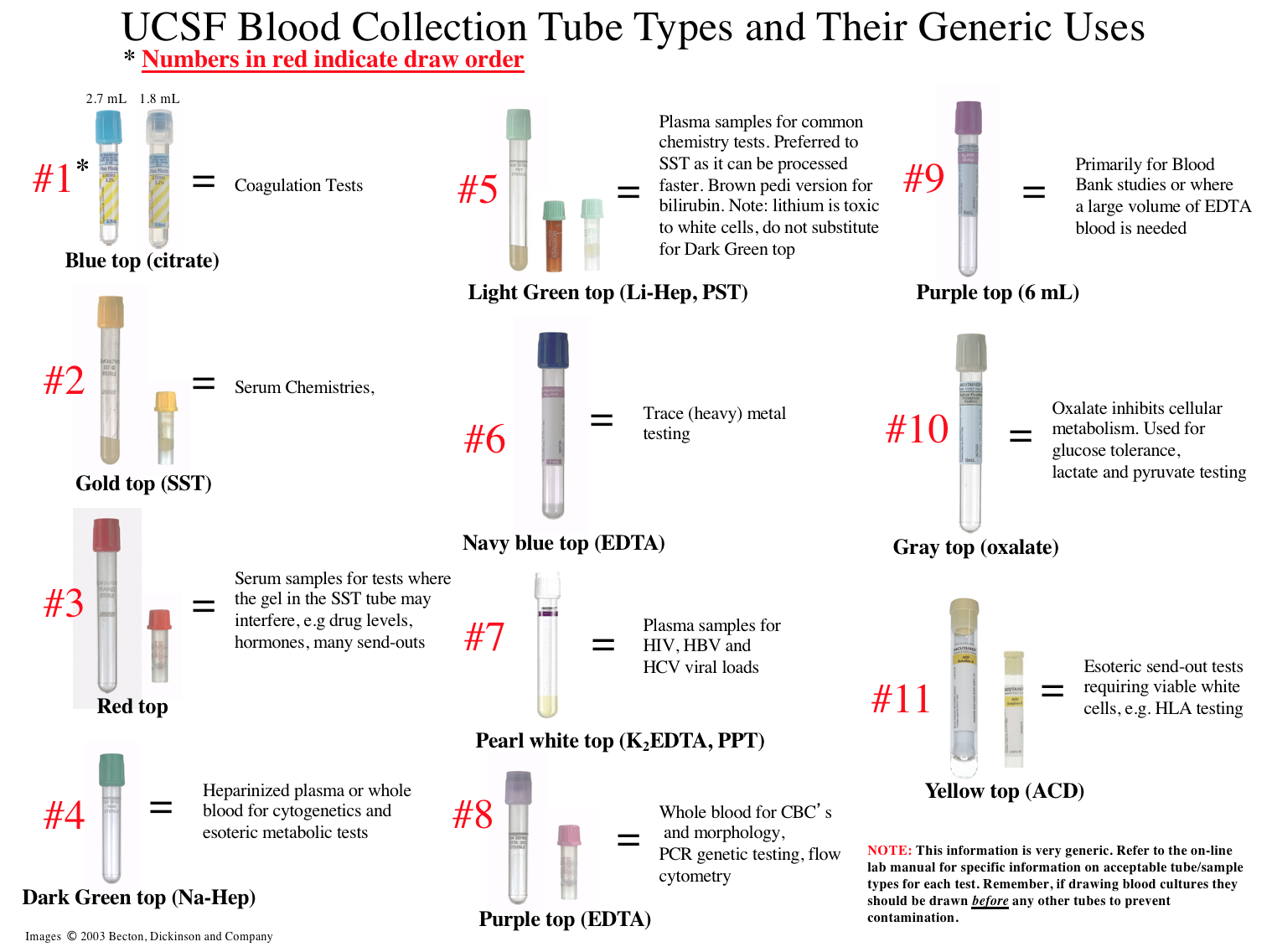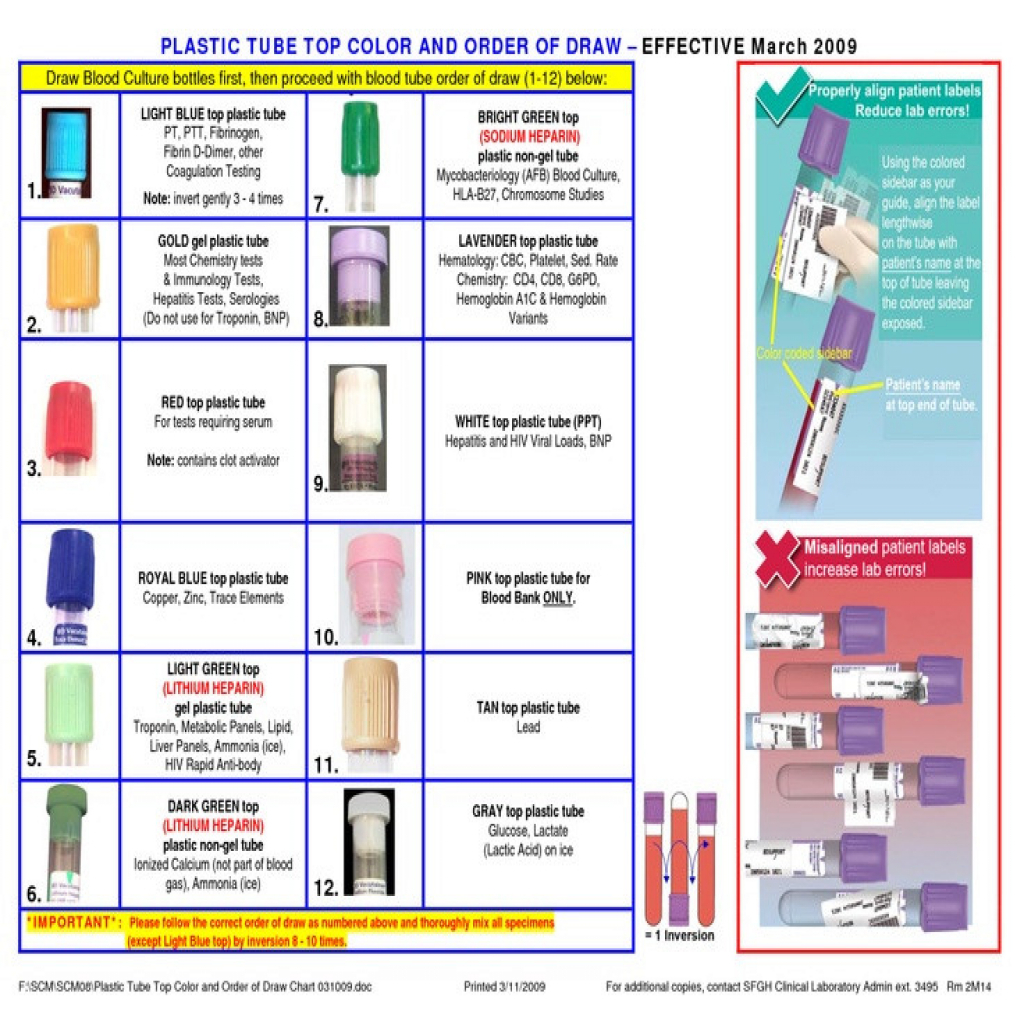Drawing Blood With A Vacutainer, The chapter includes background information (section 2.1), practical guidance (section 2.2) and illustrations (section 2.3) relevant to best practices in phlebotomy.
Drawing Blood With A Vacutainer - All tubes should be gently inverted, labeled, and sent to the lab immediately after venipuncture. Some tubes have either liquid or powdered anticoagulants or powdered glass. These needles are a type of blood collection device that allows for efficient and safe blood drawing. Web drawing blood from iv using blue vacutainer. If you have advance notice of the need for a blood. Web when it comes to drawing blood for various medical tests or procedures, healthcare professionals rely on the use of vacutainer needles. If possible, withdraw at least 3 ml of blood to waste. Web this video shows the venipuncture procedure (blood draw) on a practice phlebotomy arm. Web this chapter covers all the steps recommended for safe phlebotomy and reiterates the accepted principles for blood drawing and blood collection (31). The chapter includes background information (section 2.1), practical guidance (section 2.2) and illustrations (section 2.3) relevant to best practices in phlebotomy. If you have advance notice of the need for a blood. Drawing blood from a patient requires the phlebotomist to choose a clear method for collection. Some tubes have either liquid or powdered anticoagulants or powdered glass. If possible, withdraw at least 3 ml of blood to waste. Attempt to draw back after flush. Web this video shows the venipuncture procedure (blood draw) on a practice phlebotomy arm. Issues with drawing blood (rolling veins, using a tourniquet properly) troubleshooting blood draw issues. All tubes should be gently inverted, labeled, and sent to the lab immediately after venipuncture. Web when it comes to drawing blood for various medical tests or procedures, healthcare professionals rely on. Web in this article, i want to share with you: Web when it comes to drawing blood for various medical tests or procedures, healthcare professionals rely on the use of vacutainer needles. All tubes should be gently inverted, labeled, and sent to the lab immediately after venipuncture. Web this chapter covers all the steps recommended for safe phlebotomy and reiterates. Some tubes have either liquid or powdered anticoagulants or powdered glass. If you have advance notice of the need for a blood. Attempt to draw back after flush. Best places to draw blood. •this method reduces specimen hemolysis and prevents needlestick injuries. Issues with drawing blood (rolling veins, using a tourniquet properly) troubleshooting blood draw issues. Why healthcare professionals draw blood. Here are the benefits of vacutainers and why they’re preferred. If you have advance notice of the need for a blood. If possible, withdraw at least 3 ml of blood to waste. •this method reduces specimen hemolysis and prevents needlestick injuries. If you have advance notice of the need for a blood. If possible, withdraw at least 3 ml of blood to waste. All tubes should be gently inverted, labeled, and sent to the lab immediately after venipuncture. Why healthcare professionals draw blood. Issues with drawing blood (rolling veins, using a tourniquet properly) troubleshooting blood draw issues. Web when drawing blood directly or transferring from a syringe into vacutainer tubes, it is extremely important to follow the specified order of draw. Why healthcare professionals draw blood. All tubes should be gently inverted, labeled, and sent to the lab immediately after venipuncture. Best places. The chapter includes background information (section 2.1), practical guidance (section 2.2) and illustrations (section 2.3) relevant to best practices in phlebotomy. If you have advance notice of the need for a blood. All tubes should be gently inverted, labeled, and sent to the lab immediately after venipuncture. Drawing blood from a patient requires the phlebotomist to choose a clear method. If you have advance notice of the need for a blood. Here are the benefits of vacutainers and why they’re preferred. Web this video shows the venipuncture procedure (blood draw) on a practice phlebotomy arm. Issues with drawing blood (rolling veins, using a tourniquet properly) troubleshooting blood draw issues. Attempt to draw back after flush. Web when it comes to drawing blood for various medical tests or procedures, healthcare professionals rely on the use of vacutainer needles. Web this video shows the venipuncture procedure (blood draw) on a practice phlebotomy arm. •this method reduces specimen hemolysis and prevents needlestick injuries. If you have advance notice of the need for a blood. All tubes should be. Web when it comes to drawing blood for various medical tests or procedures, healthcare professionals rely on the use of vacutainer needles. Issues with drawing blood (rolling veins, using a tourniquet properly) troubleshooting blood draw issues. Why healthcare professionals draw blood. Drawing blood from a patient requires the phlebotomist to choose a clear method for collection. If you have advance notice of the need for a blood. Attempt to draw back after flush. Demonstrate the ability to draw blood from a vein with a vacutainer. Web drawing blood from iv using blue vacutainer. Web this chapter covers all the steps recommended for safe phlebotomy and reiterates the accepted principles for blood drawing and blood collection (31). •this method reduces specimen hemolysis and prevents needlestick injuries. Web when drawing blood directly or transferring from a syringe into vacutainer tubes, it is extremely important to follow the specified order of draw. Some tubes have either liquid or powdered anticoagulants or powdered glass. Web this video shows the venipuncture procedure (blood draw) on a practice phlebotomy arm. All tubes should be gently inverted, labeled, and sent to the lab immediately after venipuncture. The chapter includes background information (section 2.1), practical guidance (section 2.2) and illustrations (section 2.3) relevant to best practices in phlebotomy. If possible, withdraw at least 3 ml of blood to waste.
Bd Vacutainer Guide Order Of Draw Order Of Draw Medical Assistant
Blood Draw/Venipuncture Technique and Overview The Procedure Guide

doctor drawing blood from patient using a vacutainer Stock Video

Skill Demonstration Blood draw with Vacutainer for student midwives

Vacutainer tubes and order of draw Quick review for medical students

Safe and Effective Blood Draw YouTube

Bd Vacutainer Order Of Draw Chart alter playground

bd vacutainer guide order of draw Order of draw, Nursing school

Blood lab draw transfer to Vacutainer 🚨 Nurse Skill YouTube

Vacutainer Types and Uses order of Draw Blood Collection YouTube
These Needles Are A Type Of Blood Collection Device That Allows For Efficient And Safe Blood Drawing.
Here Are The Benefits Of Vacutainers And Why They’re Preferred.
Best Places To Draw Blood.
Web In This Article, I Want To Share With You:
Related Post: